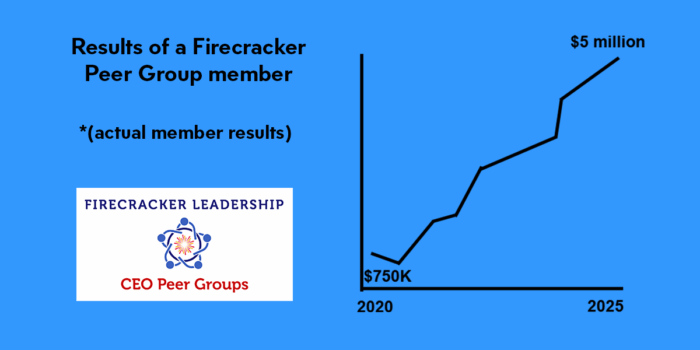Ed Burke’s experience is pretty common. Many of us labor under the delusion that our job is to tell other people what to do. It’s not. The wisest among us use their intellectual gifts to come up with better questions.
As a coach I have to ask good questions. As a leader you do too.
After running three companies—and now leading four separate Vistage groups for a decade—Ed Burke admits it took him a while to figure out what his most powerful tool is. “My real value is asking questions.”
For those of you who do not know, Vistage is the world’s largest CEO coaching and peer advisory organization for small and midsize business leaders. Each Vistage group brings together 12-16 entrepreneurs for regular gatherings, in which they both help each other as well as learn from outside speakers. Burke leads four groups in the Dallas-Ft. Worth area; the revenues of companies in his groups range from a few million to several billion dollars.
“Back when I was leading companies and managing people,” recalls Burke, “80% of the time if I had an answer in my head, I would suggest it to my team. 80% of the time, my answer wasn’t adopted. Why was that? Maybe I didn’t understand the problem well enough. Perhaps my team members didn’t get emotionally connected to my suggestion enough to actually take action.”
In other words, the smart boss comes up with a smart answer, but it doesn’t actually solve the problem because no one else buys into the answer.
But now, after working with many dozens of entrepreneurs across numerous industries, Burke realizes that it’s not the CEO’s role to solve every problem. In fact, he says, that’s a lousy way to behave.
“I found that the secret was asking questions to help others see the problem more accurately. Once this happens, you can help them find the answer to the actual problem.”
This participatory approach works not only because it gets to the core of the issue, but also because it gives everyone a vested interest in the solution they develop together.
Burke shares that he recently heard a quote that captures the essence of this approach, “The thing beneath the thing, is the thing.”
So, whether we are analyzing why Burke is skilled at helping entrepreneurs, or what it is that successful entrepreneurs do better than those who merely bark orders, it comes down to a simple tactic: ask questions that others have not yet asked themselves. Put forward a fresh perspective, but frame it as a question, rather than as an instruction.
“25 years ago,” says Burke, “I was living and dying on the answer. I was the engineer. I was the manager. I was the answer man. In retrospect, the right time to stop being the answer man was when I became a leader.”



